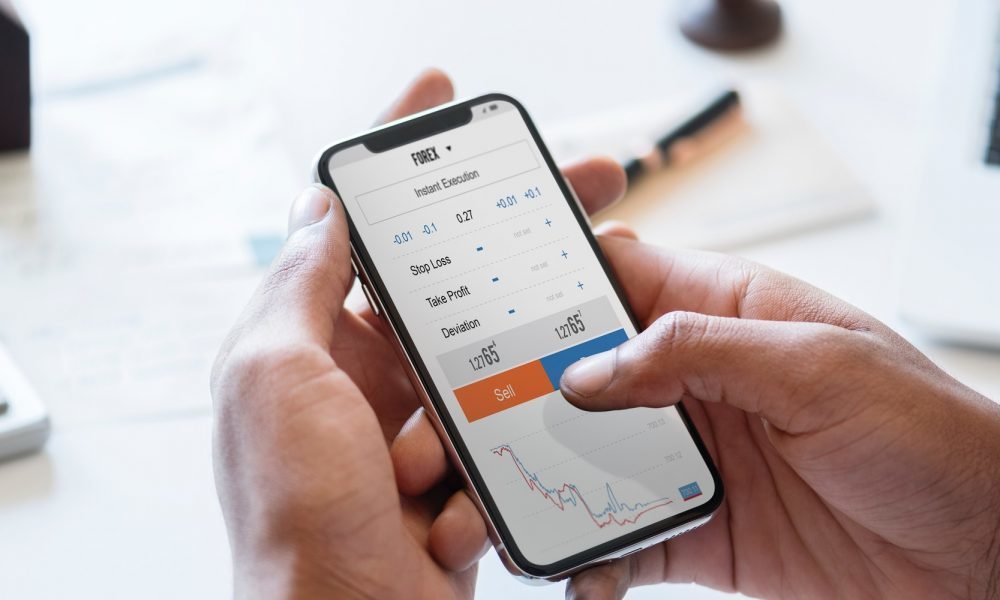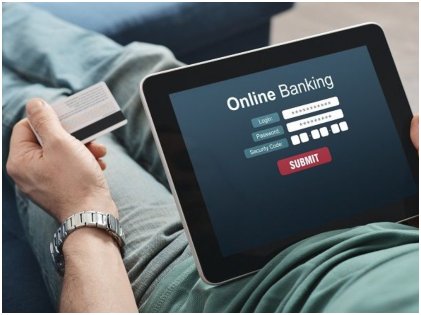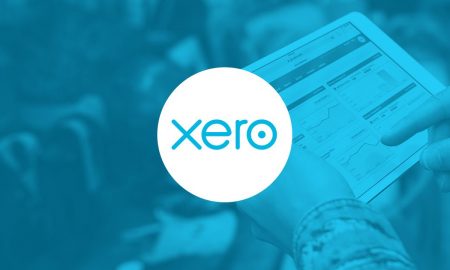
Big Online Bank Accounts: Should You Choose One?

You will come across many alternatives to big banks that claim to offer the best deposit account interest rates. Back in the 80s, savings accounts reaped you 5 percent or a bit more than that. But, unfortunately, the economic condition of the decade deteriorated, and you have been subjected to insignificant rates of interest offered by major banks. Online banks which have emerged in the past few years are actually safe for most individuals just like Wells Fargo, Chase, Bank of America, and other traditional giants, with deposits counting up to nearly $250,000. This is why you can count on the big online banks.
High Returns From Savings Accounts
 What’s the big advantage of a big bank and why can you rely on such a bank? Various online banks offer almost 2 percent for deposit accounts, and the rates of interest have incessantly climbed higher in the last year among a lot of competition. For instance, Ally Bank has slowly and steadily accentuated its online savings account interest rate from around 1.25 percent in the month of October last year to almost 1.90 percent by October this year. Marcus by Goldman Sachs, American Express National Bank, Discover Bank, Synchrony, and Barclays offer identical interest rates. In comparison to that, of a few largest traditional banks, which shell out a rate as insignificant as 0.01 percent, isn’t this a much better offer? Just for your knowledge, the average savings APY for all banks is about 0.09 percent. Now, it’s up to you to decide.
What’s the big advantage of a big bank and why can you rely on such a bank? Various online banks offer almost 2 percent for deposit accounts, and the rates of interest have incessantly climbed higher in the last year among a lot of competition. For instance, Ally Bank has slowly and steadily accentuated its online savings account interest rate from around 1.25 percent in the month of October last year to almost 1.90 percent by October this year. Marcus by Goldman Sachs, American Express National Bank, Discover Bank, Synchrony, and Barclays offer identical interest rates. In comparison to that, of a few largest traditional banks, which shell out a rate as insignificant as 0.01 percent, isn’t this a much better offer? Just for your knowledge, the average savings APY for all banks is about 0.09 percent. Now, it’s up to you to decide.
Much Higher Rates for CDs
 Online banks are pioneers as far as certificates of deposit are concerned. These certificates of deposits are actually savings vehicles that offer comparatively higher returns but can’t be smoothly accessed by the customers throughout a given term. The national average rate last year on a one-year CD was approximately 0.27 percent for all the banks, whereas, the figure stood at 1.46 percent in the case of five online banks that are ruling the roost. By the month of June this year, the national average rate for all banks was estimated to be around 0.38 percent. In comparison, the figure has climbed higher to 2.20 percent as far as online banks are concerned. More and more consumers these days are opting for credit unions since they offer high rates.
Online banks are pioneers as far as certificates of deposit are concerned. These certificates of deposits are actually savings vehicles that offer comparatively higher returns but can’t be smoothly accessed by the customers throughout a given term. The national average rate last year on a one-year CD was approximately 0.27 percent for all the banks, whereas, the figure stood at 1.46 percent in the case of five online banks that are ruling the roost. By the month of June this year, the national average rate for all banks was estimated to be around 0.38 percent. In comparison, the figure has climbed higher to 2.20 percent as far as online banks are concerned. More and more consumers these days are opting for credit unions since they offer high rates.
Pros And Cons Of Online Banks And Credit Unions
 If you decide to go ahead with an online bank, or in that case a credit union, and give a thumbs down to a traditional bank, there are some benefits as well as certain loopholes that you may come across. Apart from higher APYs, online banks furnish more mobile-friendly operations. With that being said, you might have to shell out ATM fees if you attempt to withdraw a certain sum from machines that fall outside the network. Aside from that, you may miss out on the face-to-face communication that you are used to during customer services at the physical branches. Certain drawbacks in case of credit unions might include a comparatively slower rollout of a brand new technology and a fewer number of bank visits if you move to an altogether new location. It’s also worth remembering that the membership requirements of credit unions can often be limiting, and that is a certain loophole to consider.
If you decide to go ahead with an online bank, or in that case a credit union, and give a thumbs down to a traditional bank, there are some benefits as well as certain loopholes that you may come across. Apart from higher APYs, online banks furnish more mobile-friendly operations. With that being said, you might have to shell out ATM fees if you attempt to withdraw a certain sum from machines that fall outside the network. Aside from that, you may miss out on the face-to-face communication that you are used to during customer services at the physical branches. Certain drawbacks in case of credit unions might include a comparatively slower rollout of a brand new technology and a fewer number of bank visits if you move to an altogether new location. It’s also worth remembering that the membership requirements of credit unions can often be limiting, and that is a certain loophole to consider.
Non-Traditional Banks Accounts: Should You Go For One?
 If you are eager to take a risk of approaching a non-traditional way of banking, credit unions and online banks are the best options as they can be a logical departure from the norm and benefit you financially as well. Keep in mind that if you need to deposit $1000 in your savings account which reaps an interest rate of 0.01 percent and pile on $100 each month over a period of five years, you would earn a trifle $3 as interest. Over the next 10 years, the amount would come to only a meager $8. By transferring the same amounts to an online bank which shells out an interest rate of 1.90 percent, you are more likely to rake in an amount of $399 as interest amount throughout the next five years and $1435 over the next 10.
If you are eager to take a risk of approaching a non-traditional way of banking, credit unions and online banks are the best options as they can be a logical departure from the norm and benefit you financially as well. Keep in mind that if you need to deposit $1000 in your savings account which reaps an interest rate of 0.01 percent and pile on $100 each month over a period of five years, you would earn a trifle $3 as interest. Over the next 10 years, the amount would come to only a meager $8. By transferring the same amounts to an online bank which shells out an interest rate of 1.90 percent, you are more likely to rake in an amount of $399 as interest amount throughout the next five years and $1435 over the next 10.
You should, however, choose a bank account based on your personal needs. Do your research thoroughly, and once you’ve narrowed down your options, consulting a personal finance manager is always advisable.
More in money and fame
-
`
The Sky’s the Limit: Qantas Aims for Ultra-Long-Haul Records
Long-haul flights are making a grand return, signaling the optimism among airlines that international travel is on the rebound post the...
December 2, 2023 -
`
WWE SmackDown to Make a Comeback on USA Network in 2024
In a surprising twist, WWE’s Friday night staple, “SmackDown,” is bidding farewell to Fox and heading back to its old stomping...
November 24, 2023 -
`
Why Women Face Higher Out-of-Pocket Health Expenses
In healthcare, disparities persist, and a recent report from Deloitte underscores a significant financial gap between working women and men in...
November 18, 2023 -
`
Elon Musk vs Bill Gates: The Clash of Titans
In the realm of the world’s wealthiest individuals, a simmering rivalry has been captivating public attention. It’s not a clash of...
November 7, 2023 -
`
The Power Of Disconnecting
In our digitally driven age, where smartphones, tablets, and laptops have become extensions of ourselves, disconnecting might seem daunting. However, the...
October 31, 2023 -
`
JCPenney’s Bankruptcy: The End of an Era
JCPenney filed for bankruptcy in a move echoing the struggles of many retailers in the wake of the COVID-19 pandemic. This...
October 26, 2023 -
`
Reasons Why You Need a Financial Plan
Financial planning is not just for the wealthy or those nearing retirement. It’s a crucial tool for anyone seeking financial security...
October 19, 2023 -
`
How Brad Pitt Spends His Millions All Over the World
Brad Pitt, the charismatic Hollywood superstar, has left an indelible mark on the silver screen and made an impact in the...
October 10, 2023 -
`
Gen Z’s Posh Palate: The Unexpected Rise of Caviar Culture
Amid the backdrop of a digital era buzzing with viral dances, e-sports, and niche memes, there emerges a peculiar plot twist:...
October 7, 2023















You must be logged in to post a comment Login